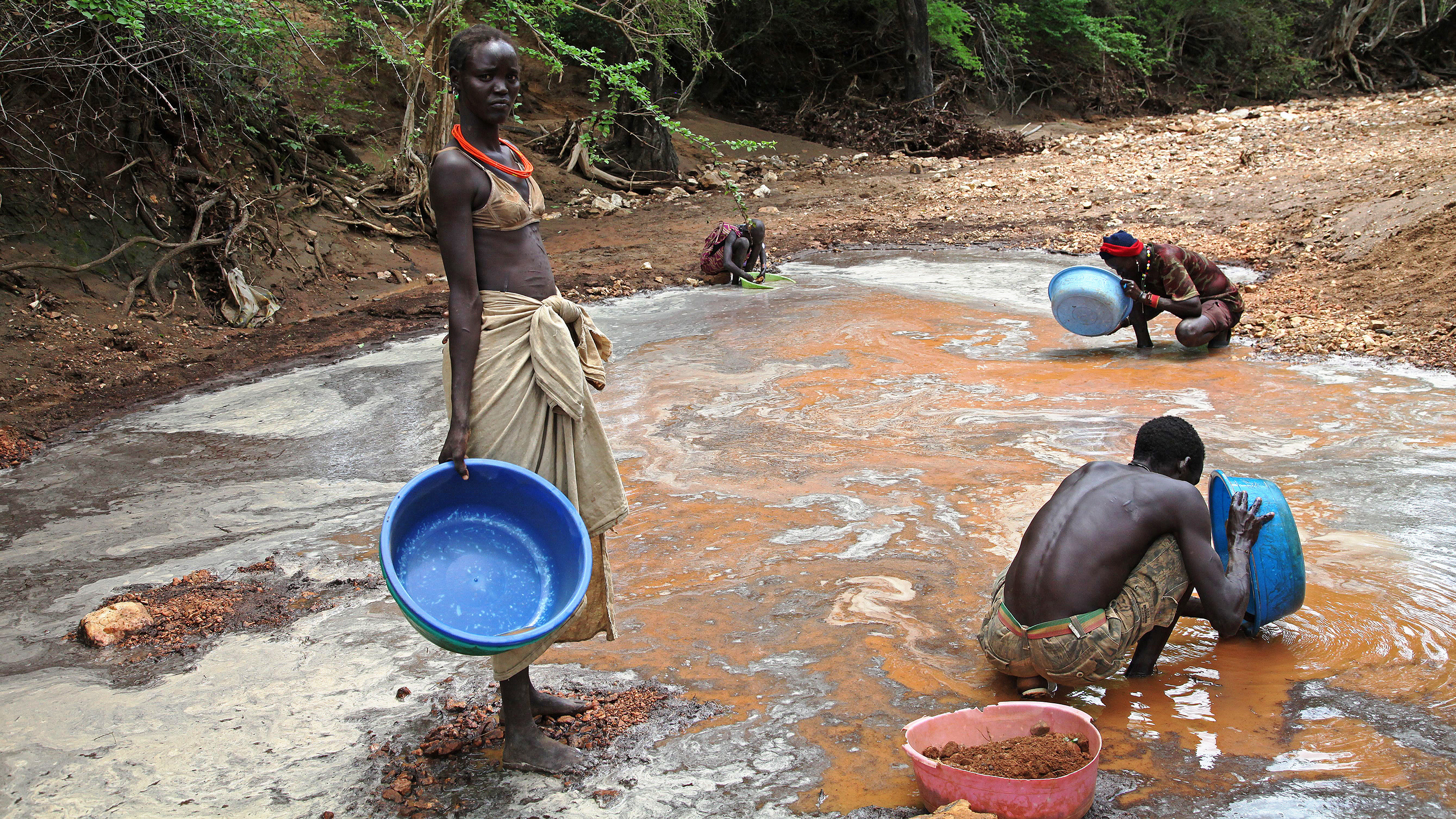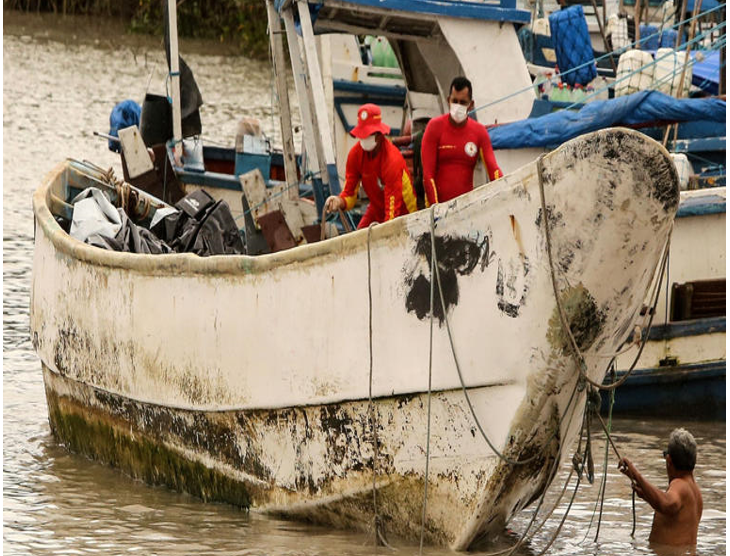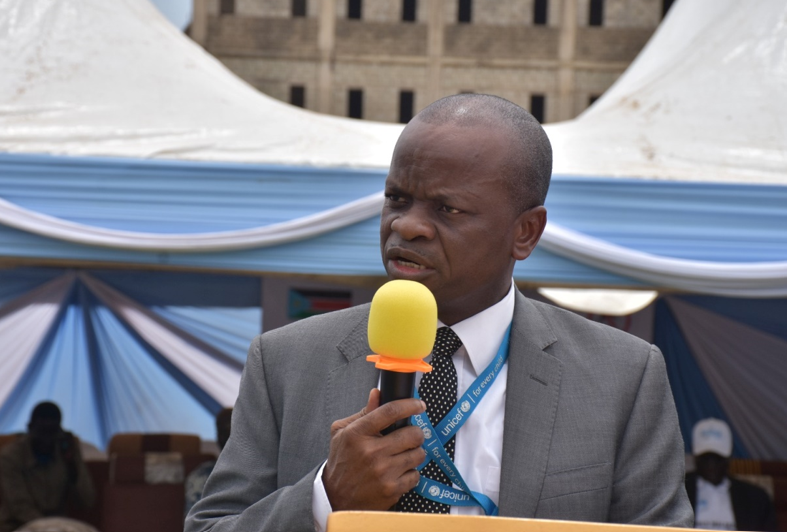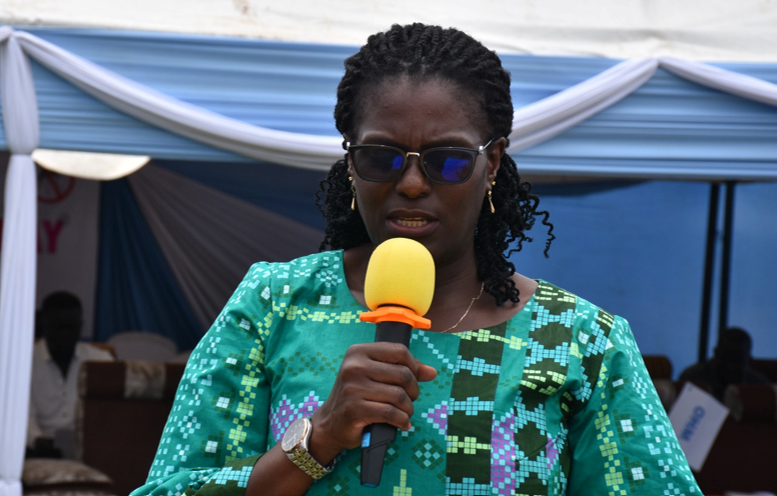Communities urged to safeguard valuable resources

South Sudanese people have been urged to be proactive in protecting natural resources in their areas, including forests and minerals, against illegal extractions.
The appeal was made on Sawa Sawa Network, a program that airs on YouTube and focuses on the socio-economic affairs of South Sudan.
The show featured the former Press Secretary in the Office of the Vice President Dr. James Wani Igga David, Mayen Dengdit, who also served as the Director for Legislation in the National Legislative Assembly.
Another panelist was the Chief Executive Officer of the Institute of Social Policy and Research, Boboya James Edmund.
The duo lamented illegal mining in several parts of the country, which they said should be handled properly to address escalating insecurity in some parts of the country.
According to a November 2020 report by the UN Panel of Experts on South Sudan, armed units of NAS, the National Security Service, SSPDF and SPLA-IO guarded or controlled access to mining across Central and Eastern Equatoria State.
Civil society and UN agencies reported to the panel that armed groups routinely block access to riverbeds and fields where artisanal miners work, allegations Sawa Sawa Network has not been able to verify.
Edmund argued that civil society and lawyers need to enlighten communities on the theft of their resources and how to protect those resources.
“Communities need to take the upper hand because they know where those resources are, they know who is coming to steal those resources,” he said.
“It’s not only the gold. If you look at the forests, you go to Eastern Equatoria, Western Equatorial, or Central Equatoria, the gazetted forest is disappearing by the day and this is benefiting only two, three, or five individuals. [It] is also creating climate-related issues in South Sudan,” Edmund lamented.
Mayen said there was a lurking danger to artisanal mining, where miners can become isolated can be detached from the government hence being exposed to attacks from militia groups.
Mayen said, “we must learn from the mistakes of others and have the will to learn and change things before chaos will sink us deeper”.
Mayen argued that there was a need to increase more devolved funding that goes to the states.
“There is a need to increase the block grants to the states because 80 or 90 percent of the population of South Sudan are in the states.
“The services the government should give to the people of South Sudan must start with the states instead of everything finishing in Juba,’’ he said as he emphasized that the government should ensure “equitable sharing issue in a better way’’.
The South Sudan Transitional Constitution says sharing and allocation of resources and national wealth shall be based on the premise that all states, localities, and communities are entitled to equitable development without discrimination.
The R-ARCSS, which has been incorporated into the Transitional Constitution, also says the framework for sharing the wealth from the extraction of natural resources should balance the needs of service delivery and reconstruction of the producing states.
Both panelists emphasized the need for reform, transparency, and adherence to the rule of law in South Sudan.


